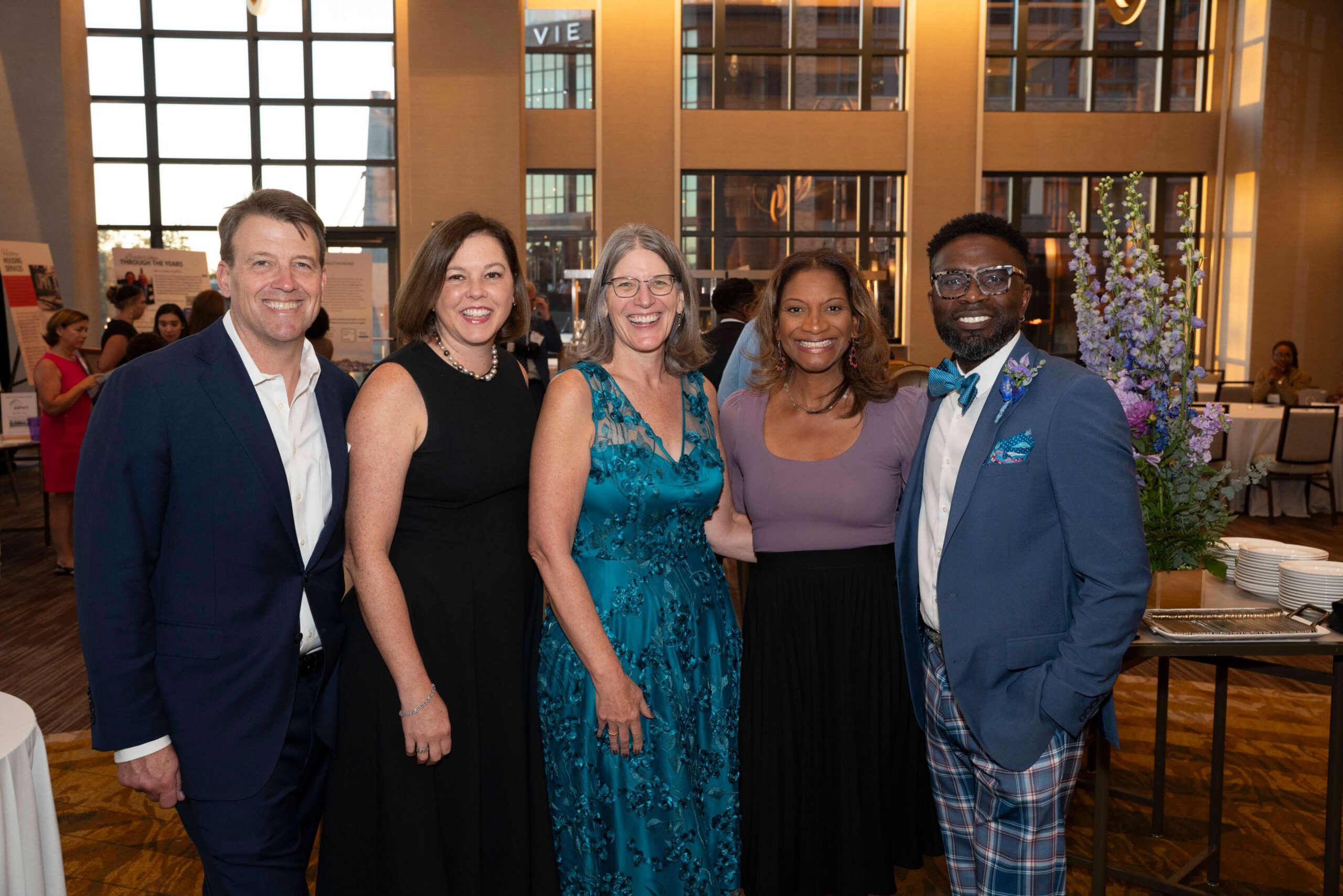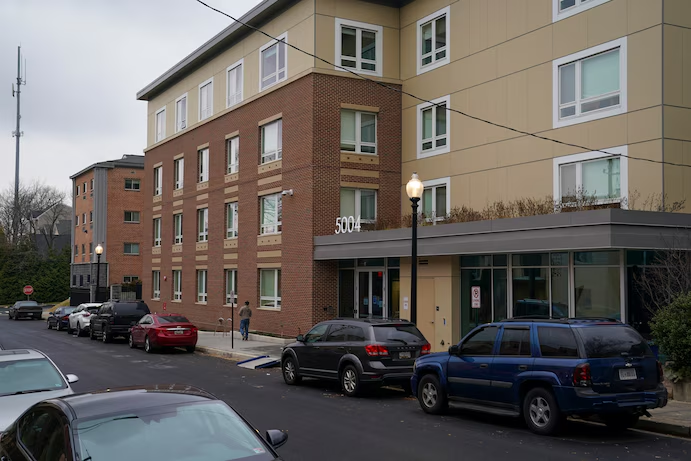Community of Hope CEO Speaks Out on Encampment Closures in DC

Community of Hope Marks 45 Years of Impact at the 2025 Night of Hope
The celebration marked a milestone and advanced the vision of working together to see a healthy, housed, and hopeful Washington DC

D.C. prepares for family shelters to exceed capacity under budget proposal
The administration proposed a return to allowing congregate sheltering for families — a practice that has been prohibited for years due to concerns about health and safety risks.

Community of Hope Receives $5.5 Million from DC-Area Foundations to Support Maternal and Child Health Programs
WASHINGTON, DC – Community of Hope is honored to announce the investments of three partner organizations in its Maternal and Child Health programs. A pivotal

Community of Hope Marks 45 Years of Impact at the 2025 Night of Hope
The celebration marked a milestone and advanced the vision of working together to see a healthy, housed, and hopeful Washington DC

D.C. prepares for family shelters to exceed capacity under budget proposal
The administration proposed a return to allowing congregate sheltering for families — a practice that has been prohibited for years due to concerns about health and safety risks.

Community of Hope Receives $5.5 Million from DC-Area Foundations to Support Maternal and Child Health Programs
WASHINGTON, DC – Community of Hope is honored to announce the investments of three partner organizations in its Maternal and Child Health programs. A pivotal
Press or Media Inquiries
Please contact Leah Garrett, VP of Development & Communications





